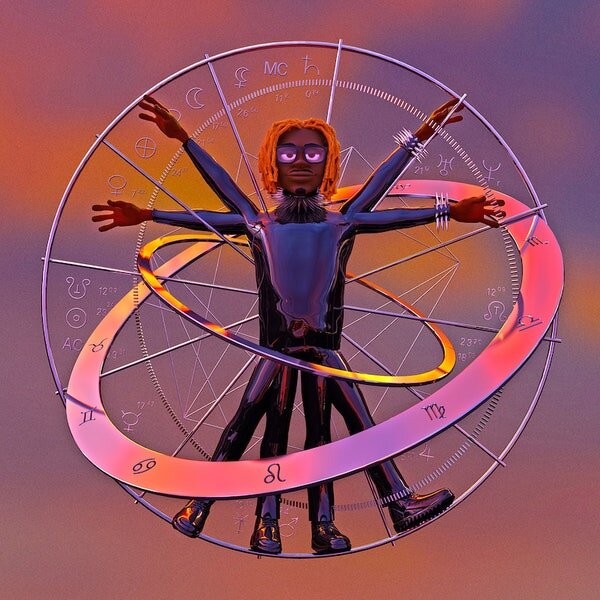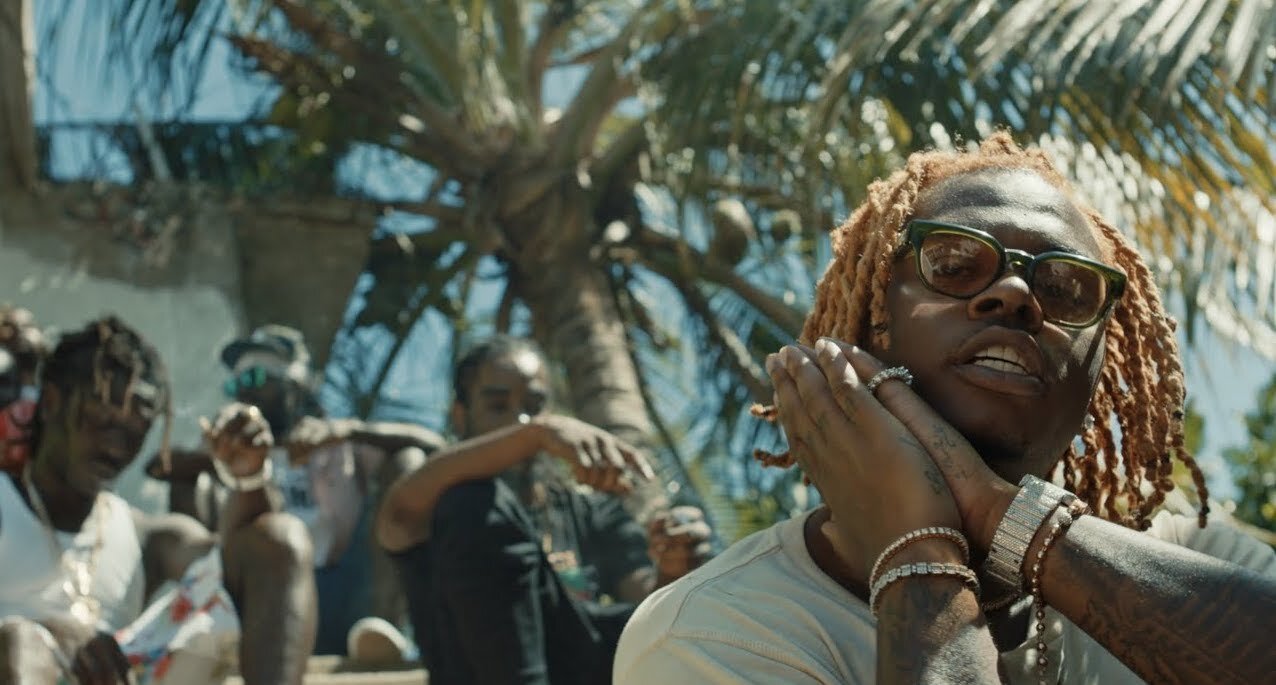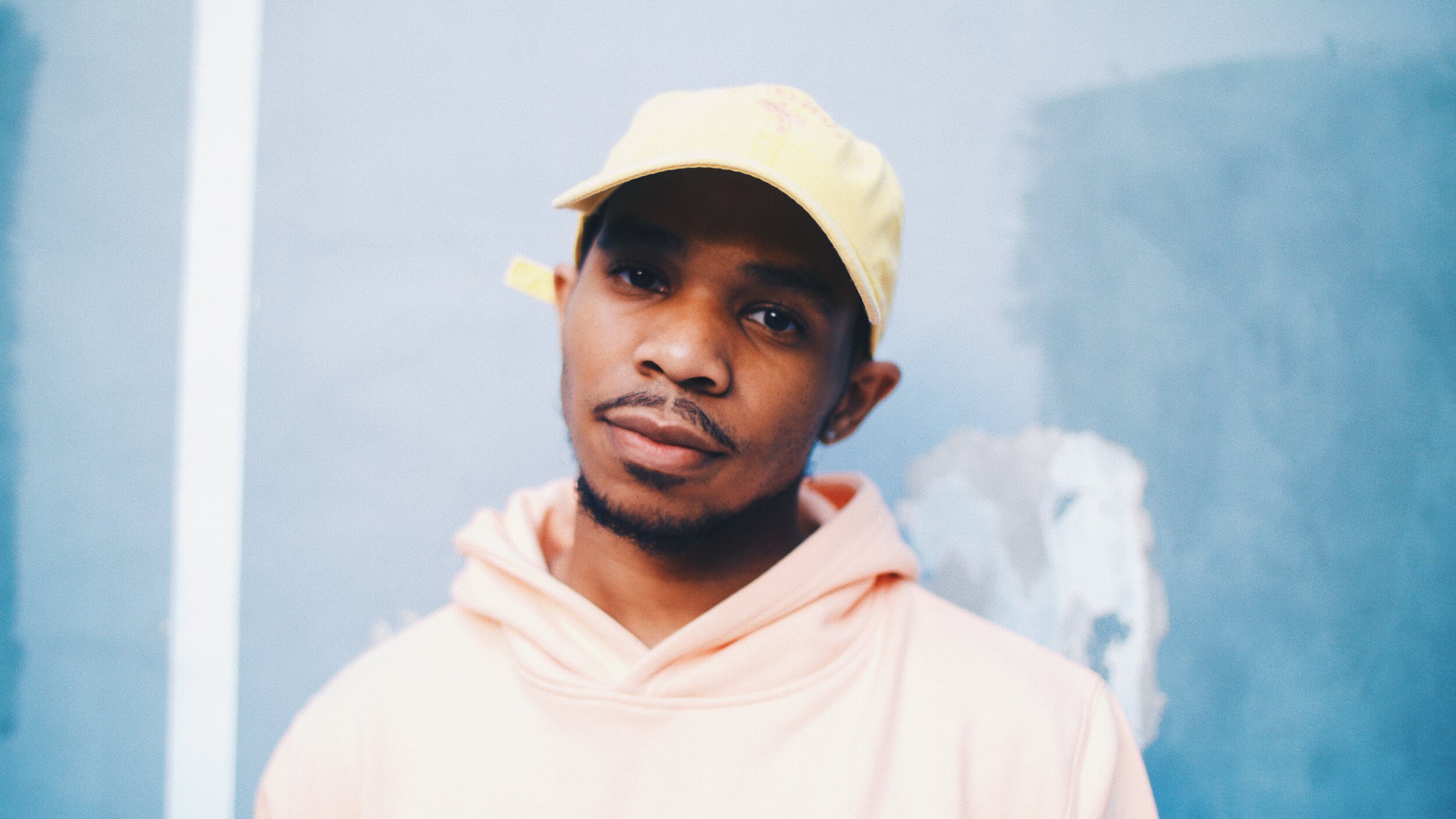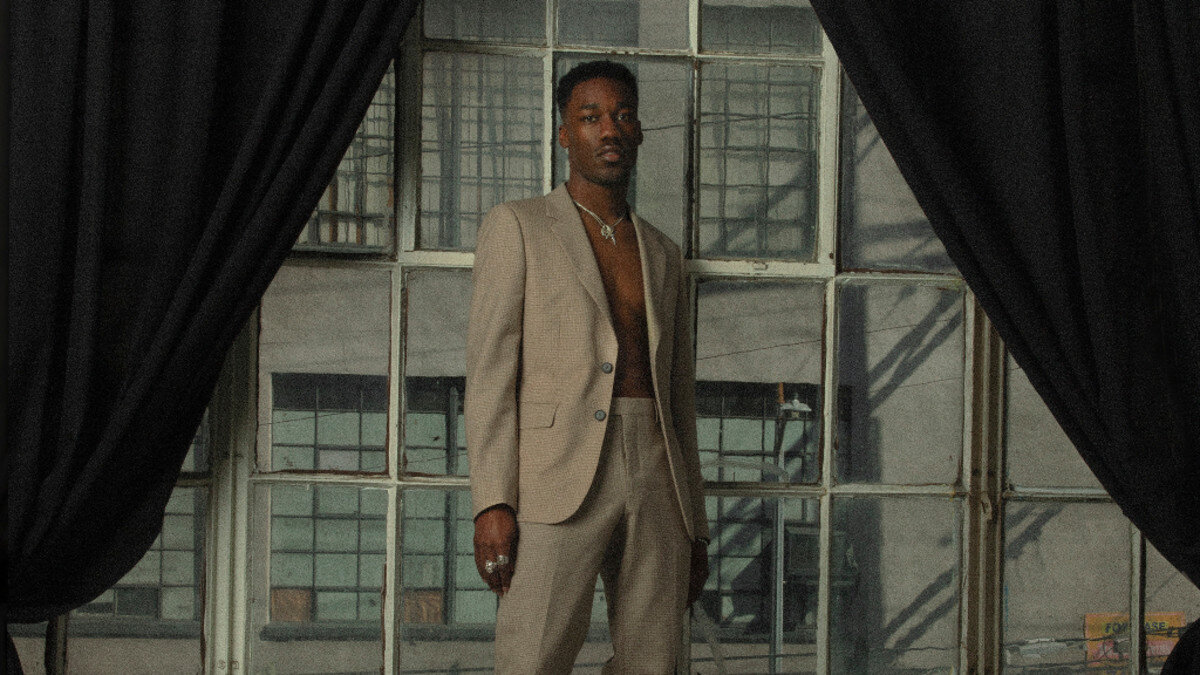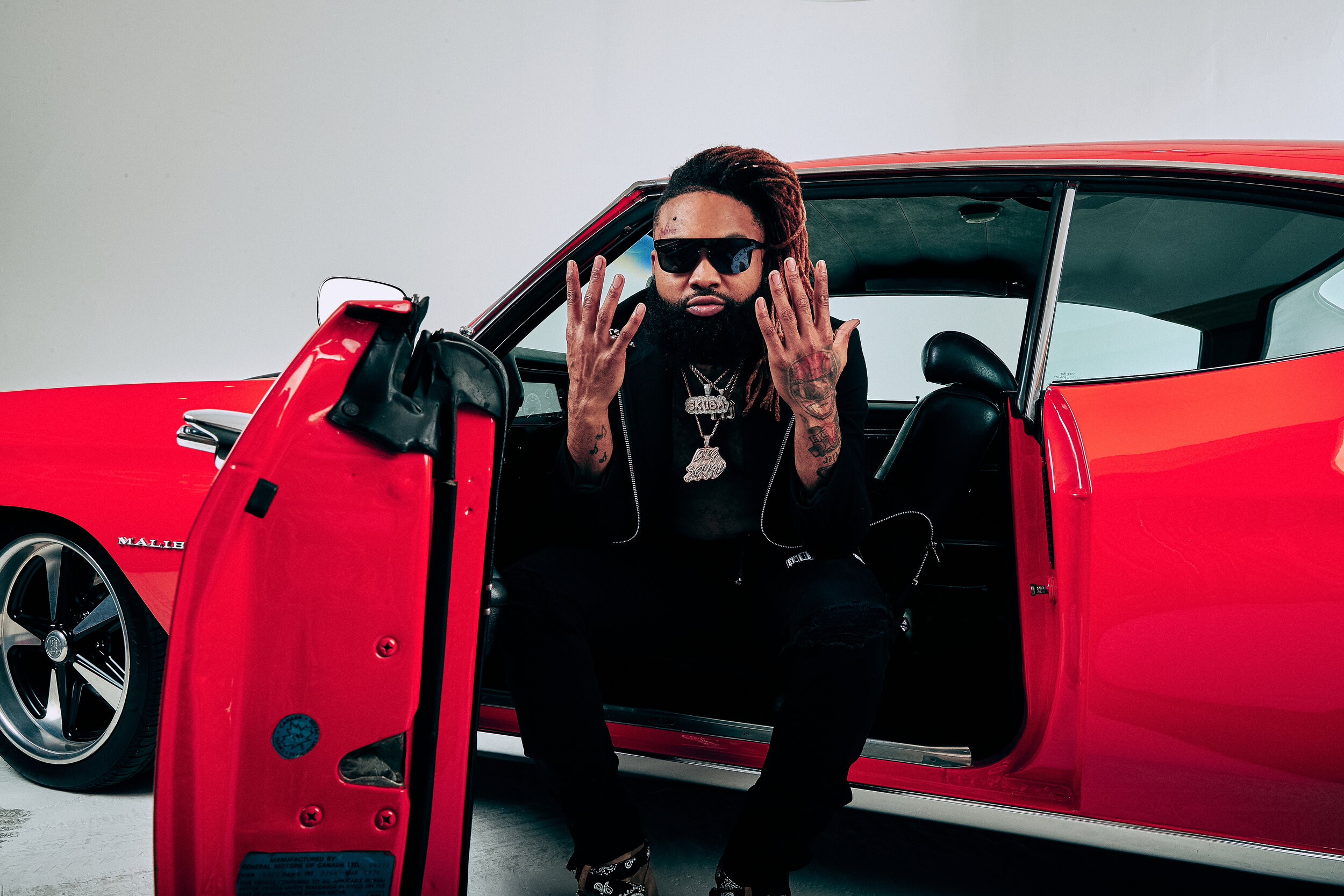Artist Spotlight: Tanerelle
By Cori Carpenter
Tanerelle is an independent artist whose music is sure to take you on a journey. Her music embodies seduction, desire, and space. Space, as in outer space. If you want to know what I’m talking about, go listen to her 2019 single “A Trip Through Space to Clear My Head”. She blends R&B, Rock/Alternative, and Dance/Electronica music genres with ease, encompassing a sound that is one of a kind. Her aesthetic captures the influence of 1970s disco queen, Donna Summer, with an added space element. Referring to herself as “Mama Saturn”, also the title of one of her singles released in 2019, the independent artist masters that aesthetic in every way possible. Her Instagram is nothing but series of different photo shoots mostly with intergalactic overtones, that have many infatuated.
Tanerelle (pronounced tuh-nair-ree-elle) is born and raised in Atlanta, GA and moved to Los Angeles when she was 18 to pursue a career in music. In 2015, she released her first single titled “Siren”. With a more upbeat, rock/alternative sound, “Siren” shows off Tanerelle’s versatility and how a voice like hers can transcend across a wide range of production. In 2017, she released an EP titled “11:11”. The seven tracks carried a similar tune as “Siren” while also introducing a newer sound that I and many other fans have fallen in love with. On track 4, “Dali”, Tanerelle repeats the line “I don’t do drugs, I am them”. Her seductive voice over a slowed alternative beat leaves one in a feeling of ecstasy. The releases that would follow would hook me and many others. “Dreamgirl”, a single released in 2018 is my personal favorite. The track embraces a tale of seduction and temptation all over a production that travels through space. The experience, to say the least, is otherworldly.
Releasing a few singles a year, Tanerelle gives her fans just enough to fulfill them while keeping them wanting more. As we wait for another EP or perhaps a debut album, we appreciate the newfound recognition she is receiving. In 2020, Tanerelle reached new heights in her artistry. Prior to the pandemic and quarantine, the independent artist kicked off the year going on tour for the first time, opening for Ari Lennox in Australia and New Zealand. Her 2020 single “Nothing Without You” made it onto the season 3 soundtrack of HBO’s Insecure and was also given consideration for a 2021 Grammy nomination. She was also named Playboy’s December 2020 Playmate making history as the 40th African-American Playmate. And lastly, she had nearly 9 million streams on Spotify over the course of the year.
As an artist just beginning to scrape the world of mainstream, Tanerelle is going to shake the world very soon and like the rest of her fans, I can’t wait. Mama Saturn is coming.
Listen to 11:11 below:
Thanks for reading! Make sure to follow us on Instagram, Facebook, & Twitter to get updated whenever we post:





































